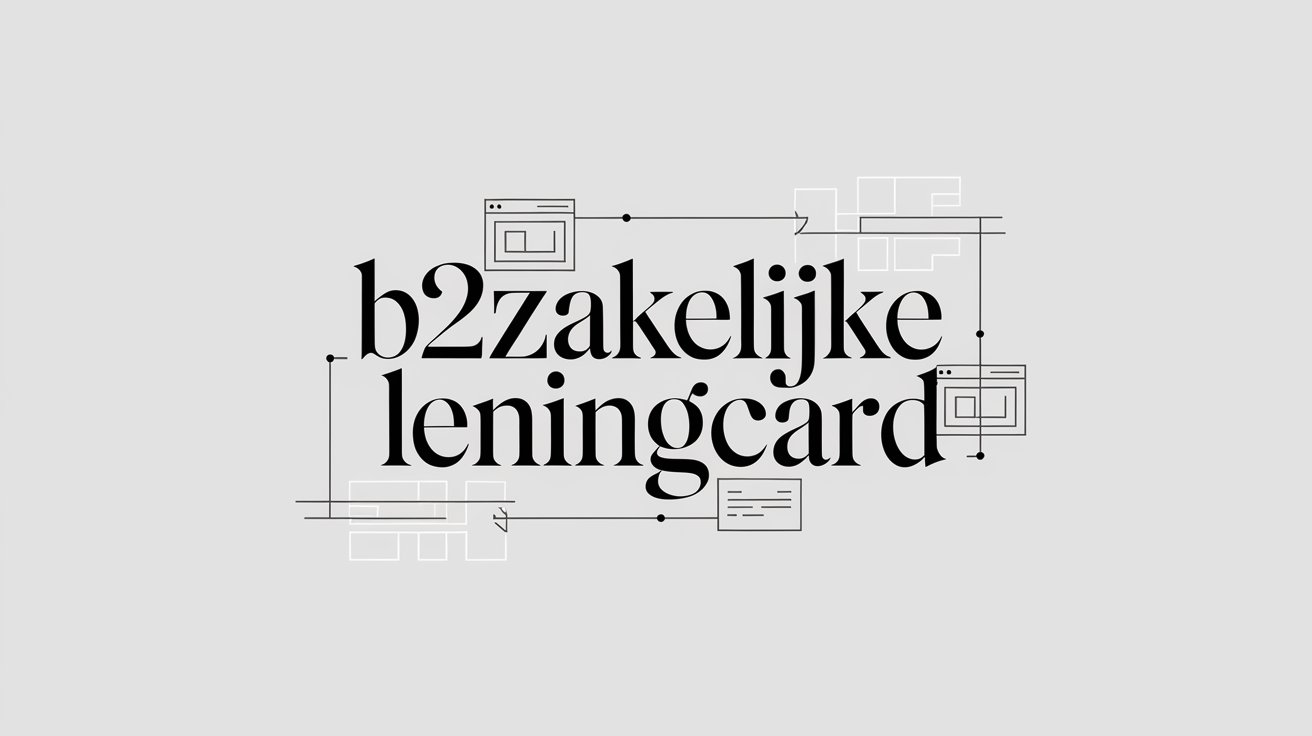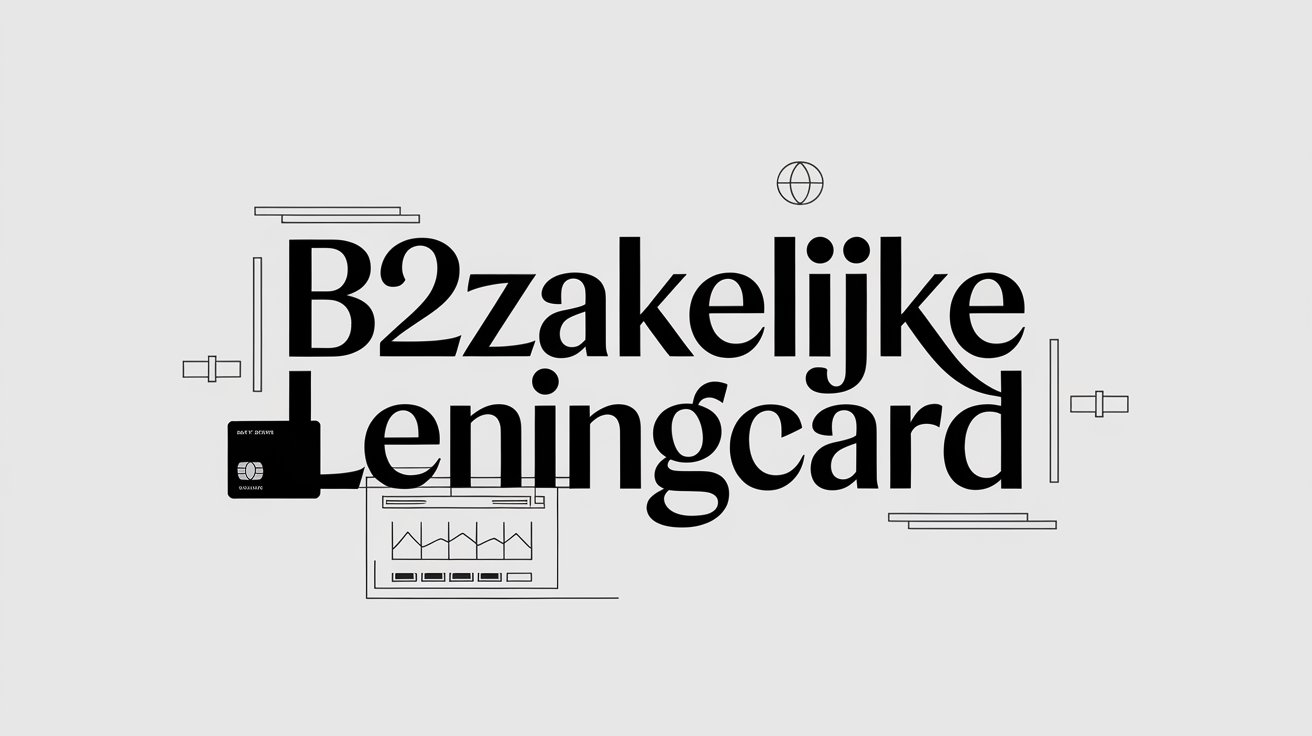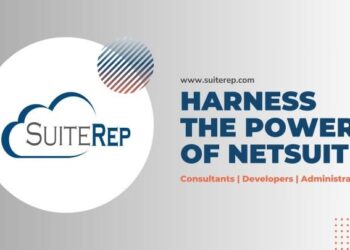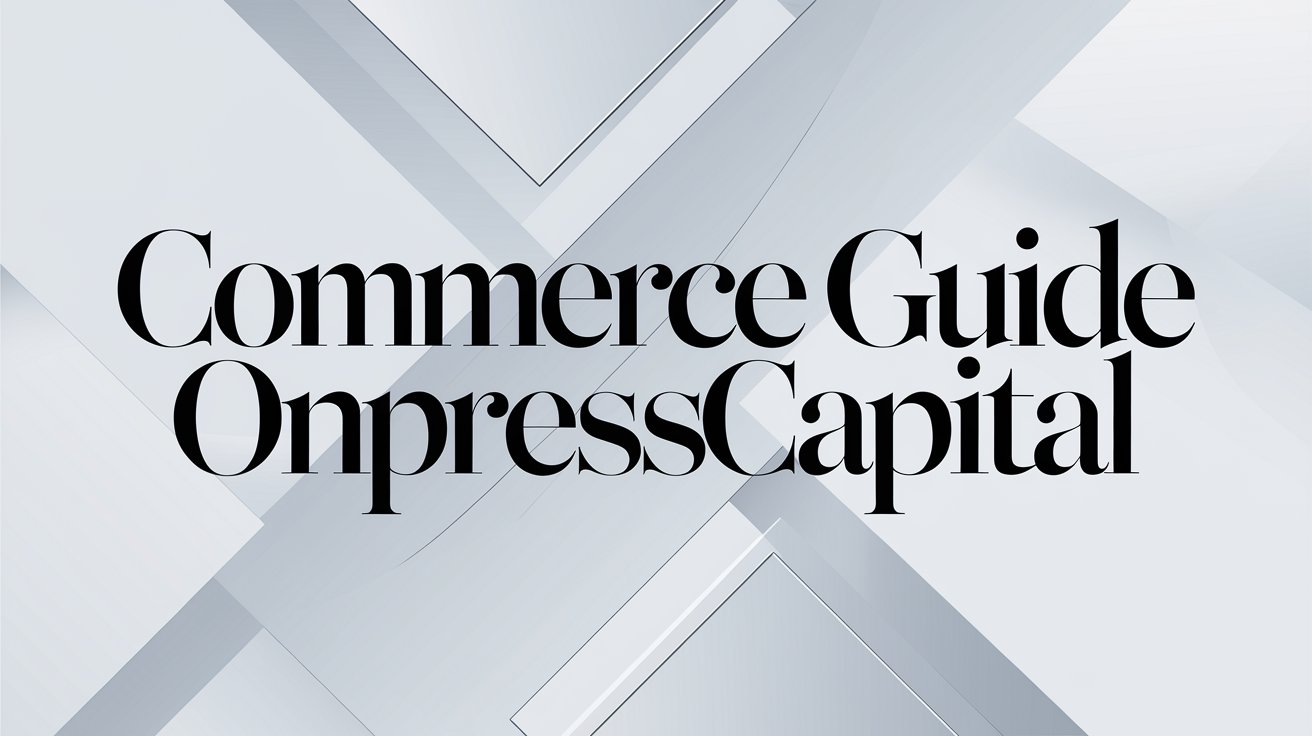In today’s fast-moving world of entrepreneurship, finding the right financial tools can make or break your business. Whether you’re a freelancer in Amsterdam, a growing SME in Rotterdam, or a startup in Utrecht, one thing is certain—financial flexibility is key.
That’s where the search for terms like b2zakelijke leningcard begins.
But here’s the interesting part: this term isn’t something you’ll find on a bank’s homepage or even in standard financial glossaries. So, what exactly is b2zakelijke leningcard, and why are more Dutch entrepreneurs searching for it?
Let’s dig in—and discover the future of business finance.
In-Depth Biography-Style Information Table: B2Zakelijke Leningcard
| Attribute | Details |
|---|---|
| Keyword | B2Zakelijke Leningcard |
| Origin | Derived from Dutch financial terms: “Zakelijke lening” (business loan), “card” (credit or debit card), and possibly “B2” as shorthand for B2B (business-to-business). |
| Meaning | A conceptual or emerging financial product that merges the functionalities of a business loan and a business credit card, aimed at Dutch entrepreneurs. |
| First Emergence | Not formally documented; inferred from increasing online search interest in 2024–2025 among business owners seeking hybrid financing solutions. |
| Purpose | To provide businesses with a single, card-based solution for flexible credit, spending management, and short-term or revolving financing. |
| Usage | Hypothetical or emerging usage includes everyday business purchases, cash flow support, equipment financing, and subscription-based expenses. |
| Core Components | Business loan features (fixed or revolving credit), card access (credit/debit), digital integration, and spending controls. |
| Target Users | SMEs, freelancers (zzp’ers), startups, and B2B companies operating within the Netherlands and broader EU regions. |
| Industries Involved | E-commerce, tech startups, creative agencies, logistics, consulting, professional services, SaaS platforms, retail, and hospitality. |
| Relevance in 2025 | Highly relevant due to increasing demand for faster, more digital-first financial tools that combine flexibility with structured credit options. |
| Applications | Cash flow management, equipment purchases, ad spending, travel expenses, SaaS subscriptions, and international payments. |
| Benefits | – Quick access to funds – Card-based expense control – Loan-like credit features – Easier digital tracking – Low entry barrier |
| Drawbacks | – Not widely available yet – May carry high interest if misused – Risk of overspending without proper budgeting |
| Founder or Creator | No official founder; the term is likely user-generated or product-agnostic, representing a growing need rather than a branded solution. |
| Current Popularity | Gaining traction in Dutch search trends among business owners looking for loan and credit alternatives. |
| Similar Concepts | – Zakelijke creditcard (business credit card) – Zakelijke lening (business loan) – Zakelijk krediet (business credit line) |
| Associated Brands | ICS Business, ING, Knab, ABN AMRO, Payhawk, Creddo, Onderneming.nl |
| Market Demand | Driven by rising SME digitalization, financial flexibility, and hybrid banking product interest in the Netherlands and across Europe. |
| External Influences | ECB interest rates, Dutch BKR regulations, fintech innovation, and digital banking competition. |
| Search Intent | Informational and commercial—users are investigating flexible financing tools, comparing options, and looking for alternatives to traditional loans. |
| Future Outlook | Likely to evolve into formalized products offered by banks or fintechs as hybrid lending-card solutions tailored to SME and freelancer needs. |
What Is b2zakelijke leningcard Really About?
To understand what b2zakelijke leningcard means, let’s break it down:
- “Zakelijke lening” means business loan in Dutch.
- “Card” hints at a credit card, debit card, or other plastic-linked financial product.
- “B2” likely refers to B2B (business-to-business), or may be shorthand for a product code.
Put it all together? You’re looking at a blended concept—a card-based business finance tool, possibly aimed at B2B users, that offers credit or loan-like features.
But does such a product exist?
Not officially. However, the idea behind b2zakelijke leningcard reflects a growing demand for smarter, more flexible financial tools for businesses in the Netherlands.
Why Are Entrepreneurs Searching for b2zakelijke leningcard?
That’s the real question—and the answer is layered.
Entrepreneurs want:
- Fast access to funds
- Simplified application processes
- Tools that help track spending
- Flexible repayment terms
- Options outside traditional banking systems
The term b2zakelijke leningcard captures this desire—a hybrid solution that bridges the gap between credit cards and business loans.
But what financial tools currently exist that meet this need?
Let’s Talk: Business Credit Cards vs. Business Loans
Most people are familiar with both of these, but here’s how they compare:
Business Credit Cards (Zakelijke Creditcards)
- Great for everyday business expenses
- Offers perks like purchase protection, travel insurance, and expense tracking
- Revolving credit—you only pay interest if you don’t pay the balance in full
- Often come with a monthly limit or spending cap
Popular providers in the Netherlands include:
- ICS Business – a trusted Dutch credit card issuer
- Knab Bank – known for their digital-first business services
- ING Bank – with tailored cards for various business sizes
Business Loans (Zakelijke Leningen)
- Better for larger, one-time expenses like equipment, inventory, or office renovations
- Fixed loan amount, with structured monthly repayments
- Lower interest rates than credit cards in many cases
- Funds can take longer to process and require more paperwork
Major Dutch banks offering business loans include:
- ABN AMRO
- Rabobank (not always visible in top rankings, but still dominant in the market)
- ZakelijkGeld.nl – a comparison platform for different types of business financing
Is There a Real Product Like b2zakelijke leningcard?
Not yet—but elements of it already exist.
For example:
- Some business credit cards offer installment plans, letting you repay larger purchases over several months.
- Others integrate with digital accounting tools like Exact or Moneybird for smarter budgeting.
- A few banks allow short-term cash withdrawals or credit extensions that behave like mini loans.
Think of b2zakelijke leningcard as a conceptual blend—the best of both worlds. And as the demand for hybrid financial tools grows, we may soon see products evolve to meet this exact need.
What Kind of Business Could Benefit From a Tool Like b2zakelijke leningcard?
Great question.
A freelancer working on client projects might need fast access to funds for new software or travel costs.
A mid-sized e-commerce store might want to manage advertising expenses using a card while funding inventory through a loan.
A startup seeking growth might benefit from:
- A flexible card for day-to-day operations
- A low-interest loan to launch a product or hire staff
In all these cases, a single card-based financing solution with built-in lending features could offer a streamlined way to manage money.
Are There Any Downsides to Relying on a Hybrid Product?
Yes—if not used wisely.
Some things to watch out for:
- Higher interest if you don’t repay balances quickly
- Strict eligibility criteria—some providers require proof of income or credit history
- Hidden fees, such as annual card costs or late payment charges
Always compare offers using trusted platforms like Creddo or Onderneming.nl to see which financial tool suits your business.
Why Is This Search Term Trending Now?
It’s part of a larger movement in Dutch and European business finance:
- Digital-first banking is becoming the norm
- Fintech platforms are offering alternative financing
- Entrepreneurs want less bureaucracy, more control
According to the European Central Bank, SMEs in Europe are increasingly shifting away from traditional loans toward digital credit solutions, including card-based systems.
In 2024–2025, there’s also a growing emphasis on sustainable financing and real-time approval processes, which traditional banks are racing to match.
Can Freelancers (ZZP’ers) Use Tools Like b2zakelijke leningcard?
Absolutely—and they’re some of the most common users.
Freelancers often:
- Face cash flow gaps between invoices
- Need to pay for tools, training, or travel up front
- Don’t qualify for big loans due to limited financial history
That’s why many cards tailored for ZZP’ers are low-barrier, digital, and flexible.
Still, it’s essential to choose the right fit. Not all cards are made equal, and some may require a BKR check (Dutch credit registry), while others may not.
How Do You Choose Between a Card, a Loan, or Both?
Here’s a quick cheat sheet to help you decide:
| Need | Best Option |
|---|---|
| Daily business expenses | Business credit card |
| Travel and subscriptions | Credit card with perks |
| Equipment or inventory | Business loan |
| Temporary cash flow issues | Short-term loan or revolving credit |
| A mix of the above | Use both strategically |
Combining tools isn’t uncommon. Many business owners apply for both a loan and a card, using each for its specific strengths.

What Might the Future Hold for b2zakelijke leningcard?
Given current trends, we can expect:
- New hybrid products combining cards and loans in smarter ways
- More competition from fintech startups challenging traditional banks
- Instant approvals and dynamic credit limits based on revenue
- Increased focus on environmental and social criteria in financing offers
- Multi-currency cards for international business
The term b2zakelijke leningcard may not be a formal product today, but it signals where the market is heading.
Final Thoughts: Is b2zakelijke leningcard the Future of Business Finance?
In many ways, yes.
The search term may be new and a little unclear, but the needs behind it are crystal clear:
- Speed
- Flexibility
- Control
- Simplicity
So, if you’re an entrepreneur looking for smarter ways to finance your journey—keep watching this space. Because what starts as a vague search term today could become a financial standard tomorrow.
Are you ready to rethink how your business handles money?
The future is in your hands—and maybe, on your card too.






